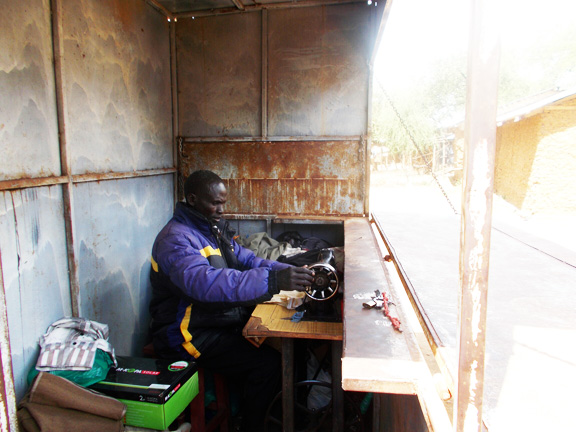Over thirty-five years ago I was with a group of pastors discussing where we felt most alive in “the ministry”. It didn’t take long for me to answer. It came in those moments when I stood on the edge of a stage, Bible in hand, expounding some Scripture with my voice raised, more words in my mouth than I could get out in a reasonable amount of time and holding the crowd in the palm of my hands as they hung on every word either laughing uproariously or moved to tears by some insight I was sharing.
But I was only in my mid-20s at the time so my ignorance can be excused. I wouldn’t give the same answer today. As I look back I now know how deeply that moment appealed to my own needs more than it served those listening to me. Now I find my greatest joy opening a door for someone to see into a bigger reality and watching the lights come on in their heart.
Look at the contrasting pictures above—one is of me speaking at a conference in Germany a few years ago, the other of me sharing in a home in Brazil around the same time. For most people drawn into “ministry” it would be the one on the left. It is so much easier to follow a pre-planned outline than to risk a free-flowing conversation with unforeseen struggles and difficult questions.
If you were going to be with someone you wanted to learn from, where would you rather be—part of a large audience or have a conversation over a meal? If I was invited to a golf lesson from a famous golf pro I would much prefer he and I alone on a driving range than being in a stadium watching him on a Jumbotron. And how different the lesson would be, too! For the stage he’d talk in generalities and everyone would have to try the same technique hours later when they got to a golf course when they no longer remember the lesson. If was just the two of us he could look at my swing, listen to the problems I’m having, and offer me solutions I could immediately try.
Over the past forty years, I’ve watched a lovely shift in my thinking about teaching and helping others on this journey. I’ve gone from thinking success and efficiency are found where I address a macro audience—a number of people I don’t know through sermons, podcasting, or publishing—to knowing that the most transformative moments come in conversations with people I’m getting to know.
My first wake-up call came over twenty years ago as I sat town for a Tuesday lunch with a close friend of mine. Before we even sat down he wanted to tell me how great my sermon had been Sunday morning. “That was the best sermon I ever heard and I’ll never be the same.” When I asked what had particularly touched him so, he got a lost look on his face as he tried to reach back in his memory. For the next five minutes I watched him squirm uncomfortably because he couldn’t remember one point of it, not even the text. He begged me to help but now I was intrigued to see why he was so excited about a sermon he couldn’t remember two days later. This was not a man given to empty flattery. It made me wonder how effective a lecture is as a teaching tool.
As I’ve traveled over the last twenty years, I’ve been particularly aware that the smaller and more interactive the conversations were, the more enduring fruit they produced. I now know that the engagements that happen before and after the meetings have the most impact on others. Riding in a car, sitting down to a meal, or just pausing to answer an individual question all have more impact. That’s why I prefer to stay in homes not hotels, and prefer conversations to speaking engagements.
As I read the Gospels now, it is easy to see that Jesus spent a lot more time in personal engagements than he did lecturing crowds. He talked with the Pharisees; he didn’t debate them. He was in their homes as well as those of his friends. He found a boat trip across Galilee a propitious place to share the reality of the kingdom as he did sitting beside a well in Samaria. He sought out Zaccheus for lunch when a large crowd was seeking his attention on the street.
Before you point out that Jesus also spoke to large crowds, I’m well aware of that. I am not suggesting that they are evil only that they aren’t the most effective way to help people embrace the life of his Father. It has caused me to think a lot about what I do in macro or micro engagements. Macro engagements include speaking to groups, publishing books or website content, or producing podcasts or other recordings. I do a lot of that because I enjoy it and feel called to but some information in the world that way. So I’m not against it but I am realizing how limited it is.
Though Jesus spoke to crowds, he didn’t seek them or gather them. He didn’t organize and promote any meeting; they found him. Even then, many in the crowds left confused and unengaged. It was the extra time he spent with his disciples and others that helped them get what they had missed earlier. The most formative moments in my journey have not come from lectures but personal engagements.
I’m not saying large crowds are evil and small crowds are good. This isn’t an either/or discussion. We can make room for both, even as we recognize that the reality of Jesus’ life passes on better in table-sized conversations than in large-scale meetings. What’s bothering me is that so many people, especially those who aspire to ministry pursue the macro engagements in speaking and publishing, spending more time trying to build an audience of strangers than grow in conversations with people they already know. So many are worried about expanding their influence, building their platform, fighting for speaking engagements, and pushing their books or podcasts hoping to gain traction as an expert, when the greatest opportunities to share the kingdom live in the relationships they already have. Everyone gets to participate there, not just gifted writers or eloquent speakers.
And unless our space in the macro world doesn’t grow out of our lives at a personal level, it can easily create an environment where the realities of the kingdom are easily distorted. The lure to have influence gratifies our ego if not our pocketbook. Dazzled by the lights and popularity of the stage many buy into the false notion that those who occupy it are significant people and their words reflect God’s heart. But do they really?
I’m not convinced. The macro conversation values the wrong realities—the youthful entertainer over the wise sage, the energetic entrepreneur over the servant, and the manipulation of crowd dynamics over the integrity of open and honest dialog. It prizes the well-crafted illusion for the depth of our character. Audiences really don’t know the speaker in front of them, only the illusion they want to create and there may be little connection between them.
We need to look no further than the allegations against Bill Cosby, who lived for decades as an admired man on the stage for his humor and insight and yet seems to have used that notoriety to exploit women who sought his help. The fact that we don’t know tells you everything we need to know about the stage and how little we know about the person on it. I met one popular Christian author who was sleeping with his girlfriend while he was going through a divorce. I asked him if he had any conflicts between his writings and his current lifestyle. “Oh, you think I’m trying to live what I write?” he said as if I was from another planet. “I’m not. I’m a writer to a Christian marketplace. This is how I make my living, I know how to write what they want to hear.”
How many times have you been disappointed to discover a person’s public persona was at odds with their private life? Anne Lamott wrote, “The most degraded and sometimes nearly evil men I have known were all writers who’d had bestsellers.” The most nonrelational people I’ve ever met have written books on relationships. Watching how someone treats their spouse, their staff, and others around them will tell you far more about them than anything they share on a stage.
Not everyone on the stage is a fraud, there are some who offer a genuine and compassionate voice, but they are few. The pursuit of the stage twists something in us, putting self-promotion above people and most become a caricature instead of a genuine person perfecting cute slogans and three easy steps that never work. To hold it you have to perpetuate the illusion and manipulate people around you. That’s why people on a stage act differently than anyone in real life, with the tones they use and the demeanor they display. They live in illusions creating fake communities to appeal to the need to belong, offer “special” wisdom and insight to put them above others, and convince people they’ve never met that they love and care about them. Why can’t we see through the fakery of it all?
Meanwhile people of profound wisdom live right down the street from us untapped. The men and women I’ve met on this journey who are the most Christlike and have impacted me the most don’t live on a stage or have a website. They are content to know their love for others and engagements with them are far more fruitful. So we must use the macro world advisedly. It is not evil, it just lends itself to honoring the wrong realities. Celebrity culture disfigures almost everyone who touches it. It is easier to be perceived as expert on a stage than live as a brother or sister on a journey. It allows you to pontificate unchallenged, and say things to people you wouldn’t have the courage to address face-to-face. How many sermons have you heard that were thinly veiled admonishments to someone who had offended the speaker? I’ve done it, too, to my regret but it’s a coward’s way out.
I wouldn’t discourage you from putting your voice out there however God gives you opportunity. I do all those things because I know it can help people I’ll never meet, but at the same time I know that those things are not the most significant things I do. Perhaps they should take about the same priority in our lives that we see in the gospel, about 80% of our time in the micro conversations that matter, and only 20% to faceless audiences as a way to plant seeds. And that 20% is best when the crowd is organic wanting to seek our help, not when it has been contrived through self-promotion.
Let’s value our personal engagements more highly. This has not been a philosophical shift for me; it was an experiential one first. I began to notice where the kingdom really thrives and it is rarely on a stage. That environment is too one-dimensional offering principles in a one-size fits all format, rather than helping someone make a next step in their journey. On a recent flight home I ended up in a conversation with a broken man that was far more powerful than any other conversation or presentation I had on the trip. It reminds me again that God really rescues one sheep at a time and the real power of his kingdom comes in a personal engagements and growing friendships rather than events, outreaches, or meetings. So look for the next conversation Jesus has for you, with an old friend on the phone, a stranger in line at the market, or a neighbor across the fence. Nothing else offers more opportunity for people to engage God’s reality.
The “Dones” that I’ve met aren’t looking for a more engaging sermon, but a different environment where people learn through dialog, where they are not pressed for conformity of thought, but to explore their own transformation. This doesn’t minimize the gifts of teaching and encouragement, but reframes them in a different, and far more challenging environment where the quality of someone’s character is more important than their ability to turn a phrase.
Of course, the elephant in the living room we haven’t discussed yet is the business model that underlies these two conversations. It is easy to monetize the macro conversation. Our culture is set up for that. But it is impossible to monetize the micro conversation and for those who seek to make their living by the Gospel, that is a problem. Or is it? We’ll look at that in my next installment.
__________________
This is part 10 in a series on The Phenomenon of the Dones by Wayne Jacobsen who is the author of Finding Church and host of a podcast at TheGodJourney.com. You can read the first half here and subsequent parts below:
If you’d like to subscribe to this blog and receive future posts by email you can sign up at the top of the right-hand column.




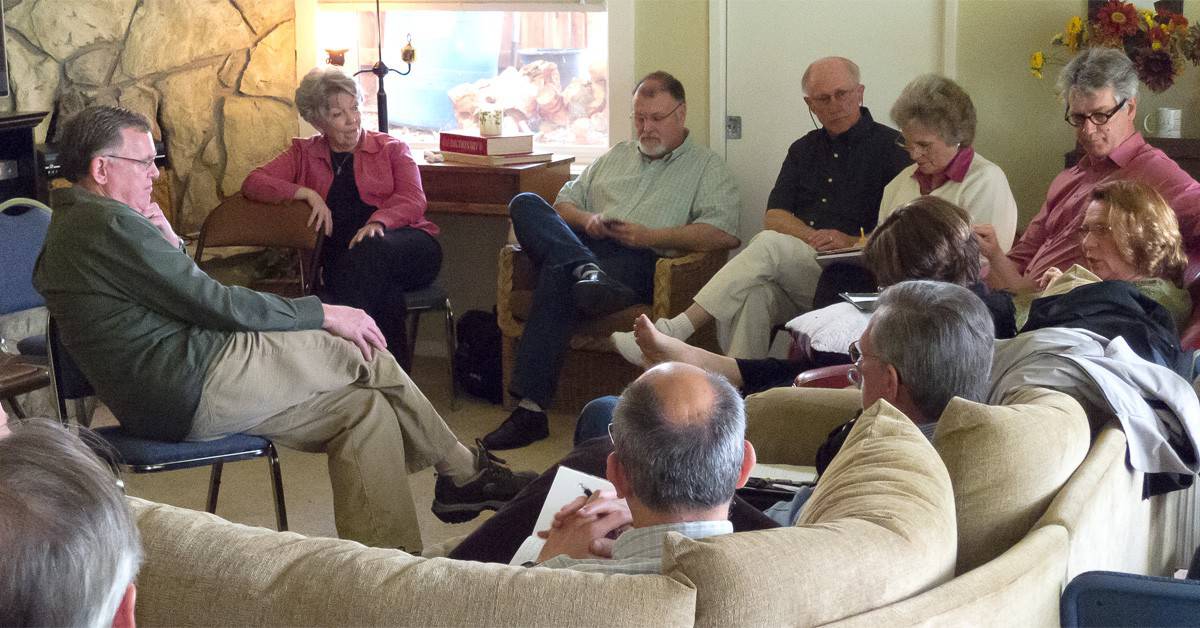




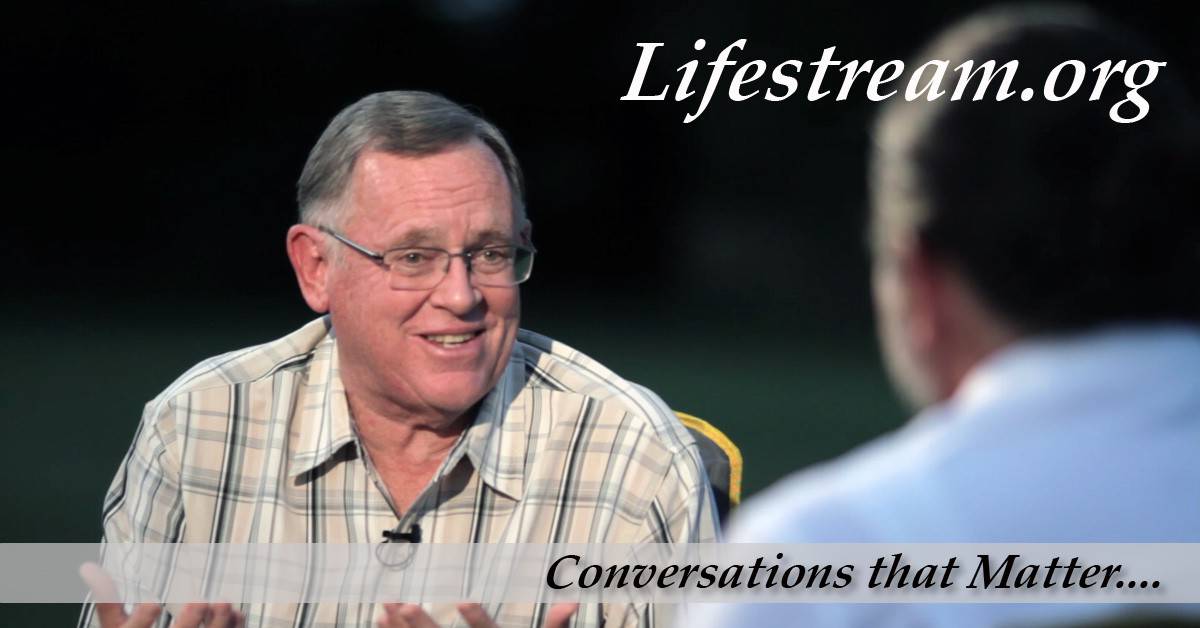


 This has truly been an amazing year in so many ways. Sara and I enjoy the place that God has given us to help encourage others on their journey and the perspective it gives us of his work in the world. These are truly amazing times we live in. Over the past few weeks we’ve announced a number of things having to do with Lifestream and what’s going on around here. In case you missed any of it, I thought it might be helpful to put it all in one place:
This has truly been an amazing year in so many ways. Sara and I enjoy the place that God has given us to help encourage others on their journey and the perspective it gives us of his work in the world. These are truly amazing times we live in. Over the past few weeks we’ve announced a number of things having to do with Lifestream and what’s going on around here. In case you missed any of it, I thought it might be helpful to put it all in one place: 
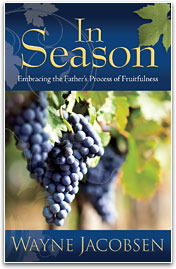 Get a Free Copy of
Get a Free Copy of  New Video Interview With Wayne
New Video Interview With Wayne Travel Invitations Bankruptcy
Travel Invitations Bankruptcy Updates: The Shack and Jake Movies
Updates: The Shack and Jake Movies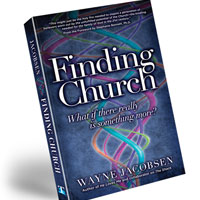 Finding Church: What if There Really Is Something More?
Finding Church: What if There Really Is Something More? A Man Like No Other
A Man Like No Other Kenya
Kenya Engage!
Engage!

